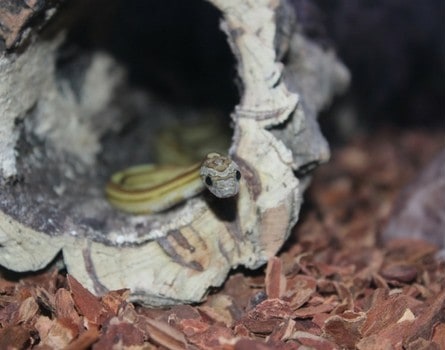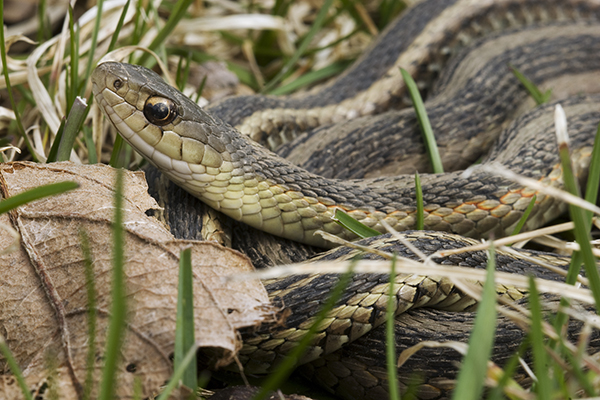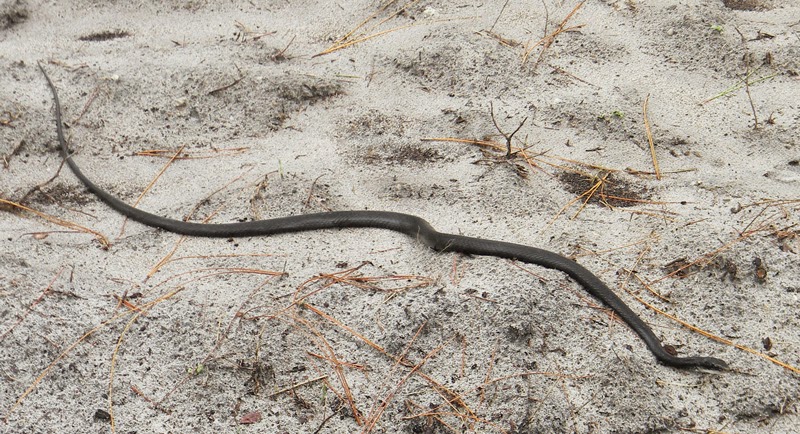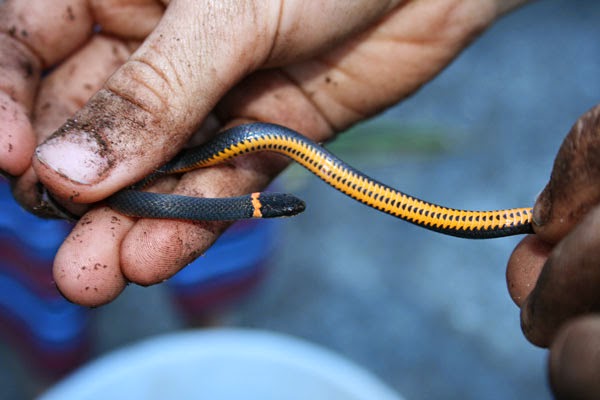Ways to Keep Snakes Away from Your Home and Yard
Snakes are fearsome and frightening creatures. They’re so frightening, that science claims that Ophidiophobia – or the fear of snakes – is one of the most common phobias around. While one might think they’re safe from snakes because they live in urban areas, there are still some instances of snake sightings in Indonesia. Some have even recorded incidents of large snakes slithering inside housing units or coming out from the toilet bowls!
Keep the rodents away
Rats are one of the major food sources for snakes, so make sure you don’t have any in your home garden. Thanks to the snake’s hinged jaws, they are natural predators of mice, rats and other kinds of rodents. Snakes use their tongue to “sniff” out and track prey, so catching the scent of a rodent inside your home might lead them there.
Keep grass short and trimmed
If you have an outdoor or garden area, always make sure to keep the grass short as this will discourage snakes from crawling about near your house. Snakes often use tall grass to avoid being seen by predators like large birds and stray cats or dogs. And since snakes are cold-blooded, they use the shade from shrubs as a resting place to stay cool when the sun is out, which is a good reason to avoid letting grass grow tall enough to be used as snake cover.
Seal up cracks
Cracks and crevices are also an opportunity for snakes to enter homes. Since snakes have flexible bodies, they can easily fit themselves through even the flattest crevice without anyone noticing and might even use these cracks as their entry point.
Place fitting fences or walls around your residential as a deterrent
If your house is located near forest areas, then you are more at risk when it comes to snakes, since snakes love forested environment and most of the time make their nest there.

Best Snake Repellents To Buy Now
What Is Snake Repellent?
Snakes frequently wind up around homes because they provide ample food and shelter. Many of them catch pesky pests like slugs, mice, and other rodents.
They can be beneficial creatures, but sometimes they might pose dangers and risks if they bite humans or start to terrorize pets. To combat them, manufacturers developed snake repellents.
What Is in It?
Many snake repellents include or are based around Naphthalene. Naphthalene comes from black walnut trees and is a strong chemical which can cause nerve and retinal damage. The ingredient smells of mothballs and is supposed to be unpleasant for serpents to cross.
Chemicals vs. Sound
As mentioned earlier, chemicals have distinct scents designed to be unpleasant for snakes. While serpents have nostrils and a typical nose, they don’t use it often. If they find something interesting, they will sniff it and then flick their tongues.
What Are the Risks of Snake Repellent?
Some repellents are toxic to animals and cause serious problems or death. Ingredients such as naphthalene damage the nervous system. It is also considered by the Environmental Protection Agency to be a carcinogen for humans

HOW TO HELP PREVENT SNAKES ON YOUR PROPERTY
In general, snakes get a bad rap. These slithering reptiles are an important part of their ecosystems, as they help keep other pests at bay. In addition, snakes don’t start their mornings thinking, “It sure would be fun to creep out some humans today.” In fact, they’re often likely to hide if they sense you coming
Keep your yard clear of clutter.
Snakes like clutter for a couple of reasons. First, it gives them a good spot to hide from predators. Second, snakes are reptiles, which means they need warmth to survive. Clutter like compost piles or stacks of wood can make a nice, cozy den that protects snakes from the elements. Look for alternatives that are less attractive to snakes
Cut Your Grass
You’ve heard the expression “a snake in the grass?” Well, there’s a reason that came about. Snakes like tall grass. It’s where their prey lives. It provides the perfect cover for hunting, and also keeps them protected from predators. Keep your grass trimmed, and snakes will be more likely to look for areas in which they’re not as exposed.
Learn about the snakes in your neck of the woods
Reading up on the snakes that are local to your region gives you a better idea of what their habitat is. Once you understand what conditions create the ideal environment for different snake species, you can purge your yard of the elements that make it a snake haven.
Secure the perimeter of your home
One of the main issues with having snakes in your yard is that they can find their way into your house. Nobody wants that.

Snakes are natural pest control
As a top-end predator, snakes are essential balancing agents in your garden, yard or farm. Rather than killing them, we should deliberately create habitat. Rock, stick and log piles create good places for these vermin destroyers.
I can hear some of you now: NO! Creating snake habitat is… SCARY! I mean, what about rattlesnakes??? C’mon, don’t be a wuss. Seriously. Unless you have rattlesnakes around your property, you’re probably going to be fine. Their favorite place to live is generally gopher tortoise burrows.
What you want is to leave space for good guys like rat snakes, black racers, garter snakes, ring necks, king snakes, etc. They’ll manage your pest control, plus add some slithery beauty to your homestead. I recommend you get familiar with the good guys and start letting the natural pest control happen shovel-free

SNAKE MANAGEMENT
Snakes range from being an unsightly irritant to deadly pests that can plague commercial spaces, warm storage units and factories. Ensuring the removal and prevention of snake infestation is vital for safety.
HOW DOES THIS WORK?
PCI uses a non-lethal chemical which acts as a repellent when applied on surfaces and the periphery of structures, creating a barrier to entry.
ADVANTAGES
Designed to act as a preventive measure, stops snakes from entering the premises thereby stopping the problem at its source.